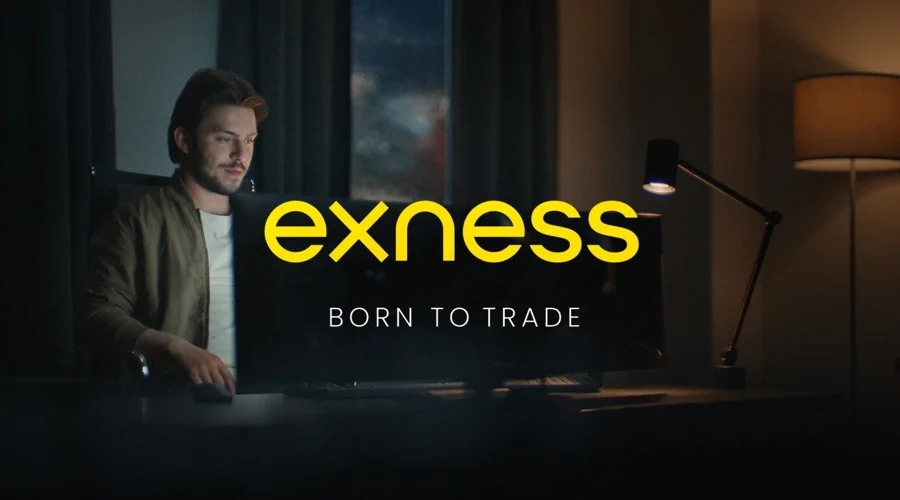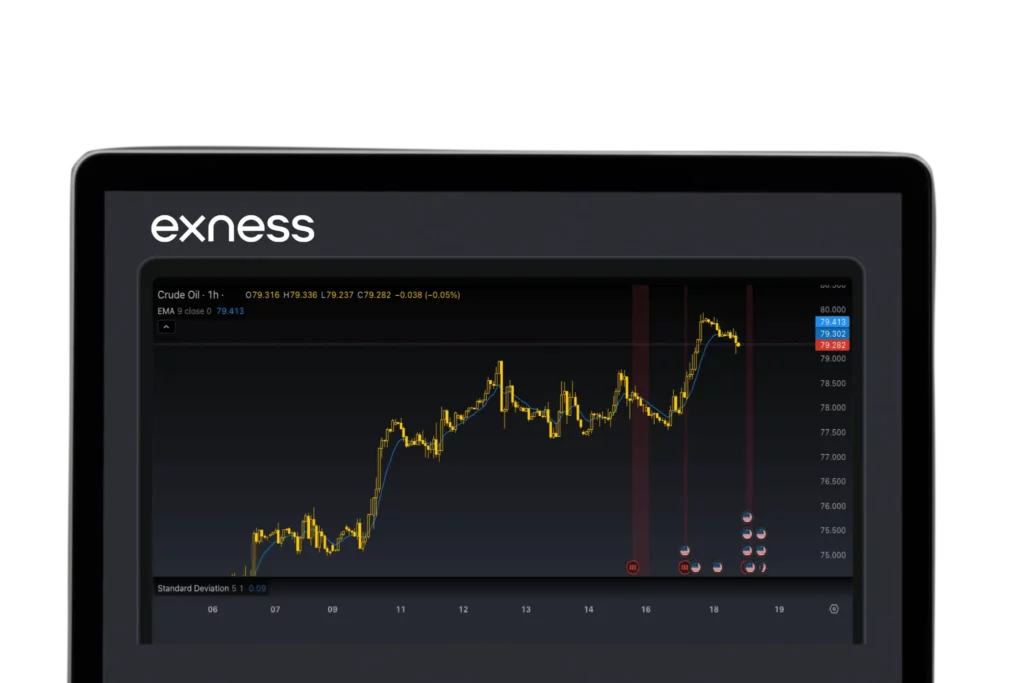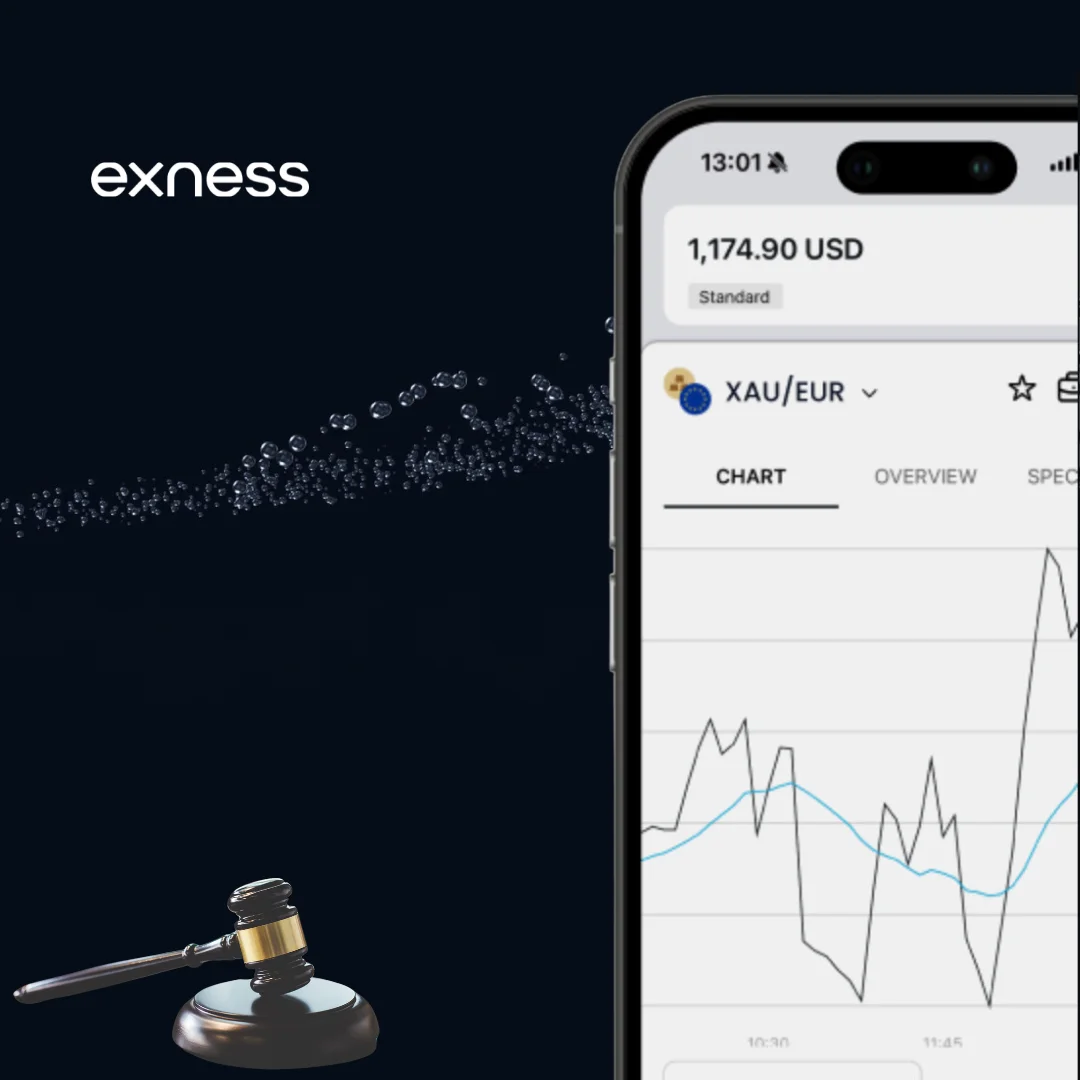Understanding Forex Trading Regulations
Every country handles forex rules differently. Some welcome it. Others ban it completely.
Most serious trading nations have regulatory bodies that watch over brokers. These guys make sure brokers follow the rules, keep client money safe, and don’t disappear with your funds. In Europe, you’ve got CySEC and FCA doing this job. Australia has ASIC. South Africa uses FSCA.
The basic idea is simple. Brokers need licenses to operate legally. They must keep your money separate from their business funds. Regular checks happen to make sure everything stays above board.
But here’s the thing – not every country plays by the same rules. The US has super strict regulations that most offshore brokers can’t meet. Some Middle Eastern countries don’t allow forex trading at all. Others let you trade but tax the hell out of your profits.
Exness’s Licensing and Compliance
Exness operates through multiple regulated entities across different regions. Each entity holds proper licenses from respected financial authorities.
The main regulatory licenses include:
- FCA (UK) – Financial Conduct Authority regulation for European clients
- CySEC (Cyprus) – Cyprus Securities and Exchange Commission oversight
- FSCA (South Africa) – Financial Sector Conduct Authority supervision
- FSC (Mauritius) – Financial Services Commission authorization
- CBCS (Curaçao) – Central Bank of Curaçao and Sint Maarten licensing

Each license comes with specific requirements. The FCA demands the highest capital reserves and strictest client protection measures. CySEC provides solid European coverage with investor compensation schemes. FSCA ensures compliance with South African financial laws.
Exness maintains these licenses by following all regulatory requirements. They submit regular reports, undergo periodic audits, and keep client funds in segregated accounts. The company also carries professional indemnity insurance to protect traders.
Regional Legality of Trading with Exness
Trading with Exness is legal in most countries, but some restrictions apply in certain regions.
Fully Legal Regions:
- European Union (through CySEC license)
- United Kingdom (FCA regulated)
- South Africa (FSCA authorized)
- Most of Asia-Pacific
- Latin America (excluding some countries)
Restricted or Banned Regions:
- United States (CFTC regulations prevent access)
- Canada (provincial restrictions apply)
- Iran, North Korea (international sanctions)
- Some Middle Eastern countries
The legal status depends on your country’s specific forex regulations. Most traders can access Exness services without issues. However, some nations block foreign brokers entirely or require local licensing.
Always check your local laws before opening an account. Even if Exness accepts clients from your country, your government might have different rules about forex trading profits and taxes.
Trader Responsibilities and Risks
Legal trading with Exness doesn’t eliminate your personal responsibilities as a trader.
You must comply with local tax laws regarding trading profits. Many countries require declaring forex gains on annual tax returns. Some nations impose specific rules about foreign financial accounts that you need to follow.

Risk management remains crucial regardless of regulatory protection. Forex trading involves substantial risks that can lead to significant losses. Even regulated brokers cannot guarantee profits or prevent trading losses.
Key responsibilities include:
- Understanding your local tax obligations
- Trading within your financial means
- Keeping accurate records of all transactions
- Following your country’s foreign exchange regulations
Regulatory protection has limits. While your funds stay safe from broker default, market risks remain entirely yours. Leverage amplifies both profits and losses, making risk management essential for long-term success.
Conclusion
Yes, Exness forex trading is legal in most countries. The broker holds proper licenses from major regulators including FCA, CySEC, and FSCA. These licenses mean Exness follows strict rules about client fund protection and business practices.
However, legality depends on where you live. While Exness operates legally as a company, some countries still ban forex trading for their residents. The US blocks access completely. Other countries allow it but have special tax rules.
Before you start trading with Exness, check two things. First, make sure forex trading is allowed in your country. Second, understand any tax rules that apply to trading profits. Exness being regulated doesn’t solve these local law issues.

Forex Trading with Low & Stable Spreads
Trade global forex with low spreads and superior conditions for better results, maximizing your potential with each trade.
Frequently Asked Questions
How can I verify the legality of Exness Forex trading in my region?
Start with your country’s financial regulator website. Look for approved broker lists or forex trading rules. You can also check Exness license numbers directly on regulator sites like FCA.org.uk or CySEC.gov.cy. When in doubt, call your local financial authority and ask.
How does Exness ensure consumer protection in Forex trading?
Exness keeps client funds in segregated bank accounts, separate from company money. They follow strict capital requirements set by regulators and get audited regularly. Most jurisdictions also have investor compensation schemes that cover client funds if something goes wrong.
Can I trust Exness for legal Forex trading?
Exness has operated since 2008 with multiple regulatory licenses and no major scandals. Their FCA and CySEC licenses are particularly solid. But remember, even the best regulated broker can’t protect you from trading losses – that’s market risk, not broker risk.
What legal documents does Exness provide for Forex trading?
You’ll get a client agreement that covers trading terms, a risk disclosure document explaining forex dangers, privacy policy for data protection, and regulatory information showing their licenses. Everything varies slightly based on which regulatory entity serves your region.
What should I know about Exness’ legal framework before starting Forex trading?
Find out which Exness entity will handle your account based on your location. Read the client agreement carefully, especially the dispute resolution section. Check if your region has investor compensation coverage. Most importantly, verify that forex trading is actually legal where you live – this isn’t just about Exness being regulated.
